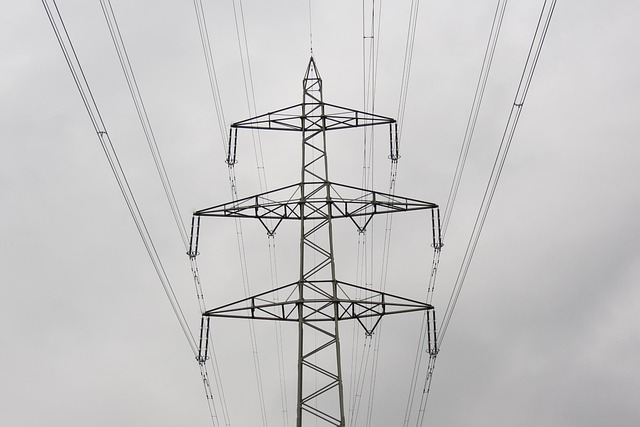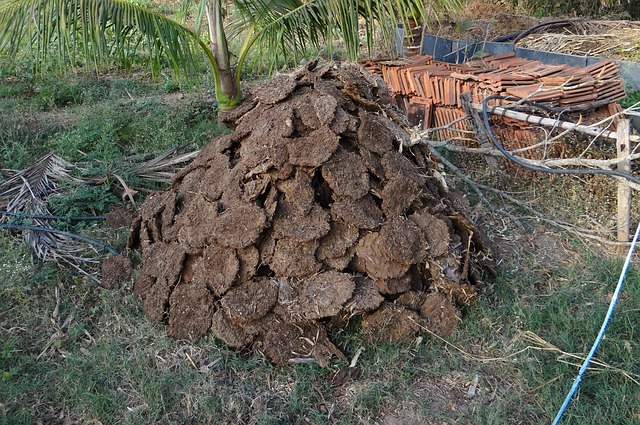Oregon's Department of Human Services (DHS) prioritizes child welfare through a multi-faceted support system for DHS cases. This includes legal aid, counseling, community programs, and tailored resources to stabilize children's lives while empowering families to overcome challenges. Access to case management, advocacy, and educational programs ensures holistic support for DHS families. Community organizations play a crucial role by providing specialized services that strengthen families and promote positive outcomes. Key initiatives like Pro Bono Services and Youth Chip offer legal and educational support for at-risk youth involved in DHS cases.
Oregon’s Department of Human Services (DHS) plays a pivotal role in protecting and supporting vulnerable children. This article explores comprehensive resources available to families navigating Oregon DHS child welfare cases. From understanding legal rights to accessing advocacy services, each section equips parents with the tools they need. We highlight pro bono support, case management resources, financial aid, educational programs, and community organizations dedicated to improving outcomes for DHS-involved youth, emphasizing the network of support for these challenging situations.
- Understanding Oregon DHS Child Welfare Cases
- Legal Support and Pro Bono Services for DHS Families
- Accessing Case Management and Advocacy Resources
- Financial Aid and Benefits for DHS Children
- Educational Programs for At-Risk Youth in Oregon
- Community Organizations Supporting DHS Case Outcomes
Understanding Oregon DHS Child Welfare Cases

In Oregon, the Department of Human Services (DHS) plays a pivotal role in child welfare, ensuring the safety and well-being of vulnerable children. Understanding the DHS child welfare system is essential for those involved or seeking support for these cases. The process involves a network of professionals who work collaboratively to assess, intervene, and provide necessary resources to families at risk.
Support for DHS cases can take various forms, including legal aid, counseling services, and community-based programs designed to strengthen family bonds and prevent unnecessary separations. Oregon DHS offers comprehensive resources tailored to meet the unique needs of each situation, ensuring that children receive the care and stability they deserve while also empowering families to overcome challenges and rebuild their lives.
Legal Support and Pro Bono Services for DHS Families

Many families involved in Oregon DHS child welfare cases face complex legal challenges, which is why support for DHS cases and access to legal representation are crucial. There are various organizations dedicated to providing legal support for DHS families, ensuring they have the guidance and advocacy needed throughout the process. One notable resource is the Pro Bono Services program, offering free legal assistance to low-income families facing child welfare actions. These services connect parents with experienced attorneys who can help navigate the legal system, explain their rights, and build strong defenses.
Additionally, legal aid organizations in Oregon provide a range of pro bono services tailored to DHS cases, including representation in court, guidance on case management, and support for appealing decisions. These initiatives ensure that families have access to justice and can actively participate in decisions affecting their children’s well-being.
Accessing Case Management and Advocacy Resources

Accessing case management and advocacy resources is a vital step for individuals involved in Oregon DHS child welfare cases. The Oregon Department of Human Services (DHS) offers a comprehensive network of support to ensure the well-being of children and families. One key resource is the Case Management Program, which provides specialized assistance to families navigating complex systems. These case managers offer guidance, coordination, and advocacy, helping families understand their rights and access necessary services.
For those seeking additional advocacy, numerous non-profit organizations and community groups provide invaluable support for DHS cases. These entities offer legal aid, counseling, and educational resources tailored to the unique challenges faced by families involved in child welfare. By leveraging these available resources, parents, guardians, and caregiving networks can effectively advocate for their rights and ensure the best possible outcomes for their children.
Financial Aid and Benefits for DHS Children

Children involved in Oregon DHS (Department of Human Services) child welfare cases often require various forms of financial aid and benefits to ensure their well-being and stability. The state offers a range of resources to support these families, recognizing the significant impact that financial challenges can have on a child’s life. From cash assistance programs to food stamps and medical coverage, these initiatives aim to provide a safety net for children in care.
The support extends beyond basic necessities. Financial aid may also include educational benefits, such as tuition assistance or scholarship programs, designed to help children excel academically. Additionally, some funds are dedicated to providing transportation and other essential services, ensuring that kids have access to necessary resources like medical appointments, therapy sessions, and extracurricular activities. These comprehensive measures showcase the state’s commitment to holistically supporting DHS cases, fostering a nurturing environment for Oregon’s most vulnerable youth.
Educational Programs for At-Risk Youth in Oregon

Oregon offers a range of educational programs tailored to at-risk youth, providing critical support for DHS (Department of Human Services) child welfare cases. These initiatives aim to empower young individuals facing challenges and equip them with essential skills for a brighter future. One such program is the Youth Chip (Child Identification Prevention) initiative, which educates youth about personal safety, online privacy, and risk prevention, empowering them to make informed decisions in today’s digital era.
Additionally, Oregon’s DHS provides access to specialized educational resources, including tutoring programs and after-school support, specifically designed to address the unique needs of foster care youth. These efforts ensure that at-risk youth receive not just basic education but also holistic support to enhance their overall well-being and prospects for success.
Community Organizations Supporting DHS Case Outcomes

Community organizations play a vital role in supporting Oregon DHS (Department of Human Services) child welfare cases. These groups offer essential resources and services tailored to meet the unique needs of families involved in the child protection system. By partnering with DHS, they enhance the overall outcomes for both children and their parents or guardians.
Many local non-profits, charities, and community centers provide various programs aimed at strengthening family units, preventing further involvement with DHS, and promoting successful case resolutions. Support services include counseling, parenting classes, job training, financial assistance, and housing stabilization programs. These initiatives not only assist families in meeting immediate needs but also empower them to break cycles of poverty and trauma, ultimately improving long-term well-being.
